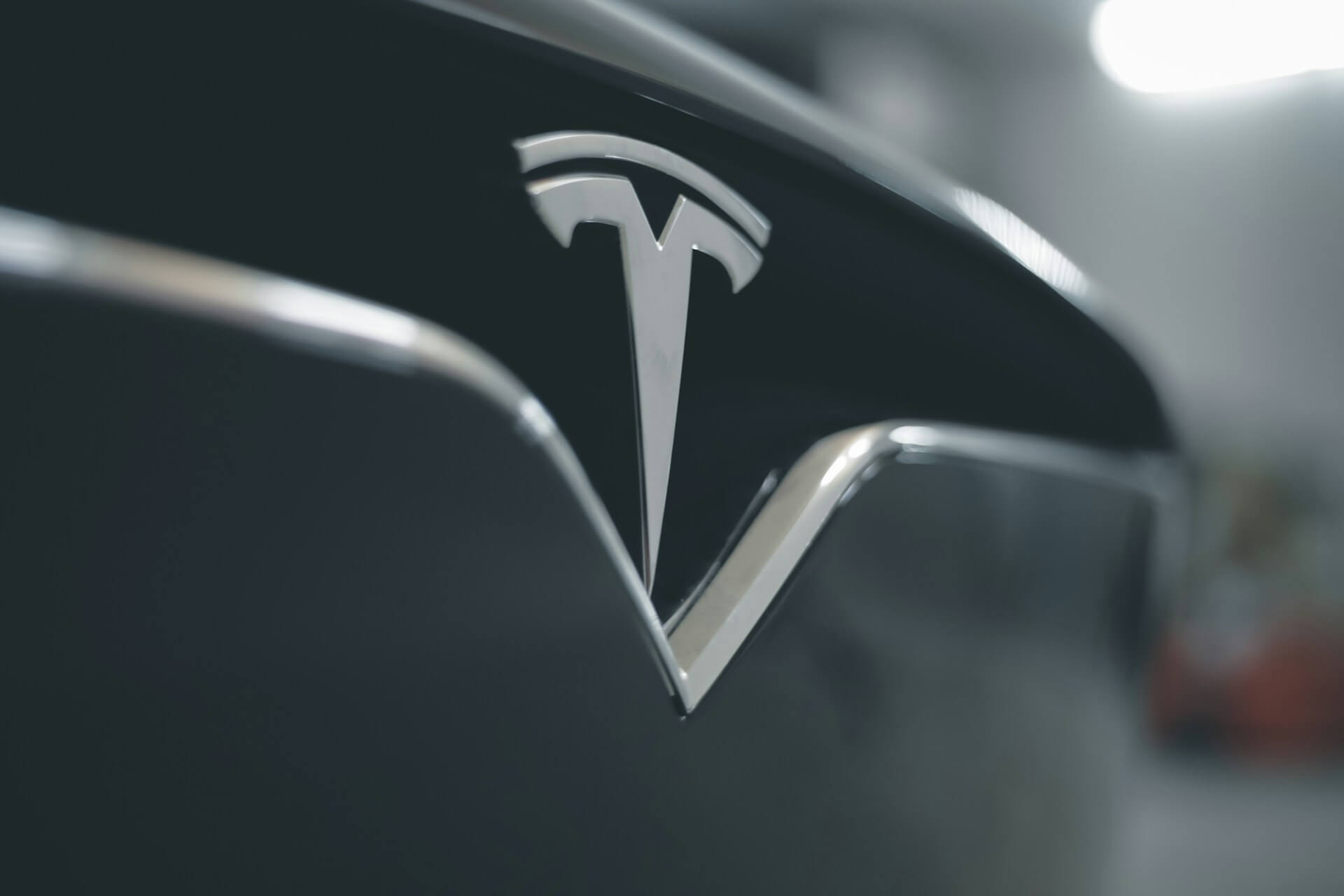Lexus Tries Out New Sales Model to Woo Millennials
Sep 02, 2015

As an Amazon Associate, Modded gets commissions for purchases made through links in this post.
If there’s one thing millennials hate, it’s wasting their time. In today’s fast-paced, technologically driven world, millennials are constantly glued to their phones and mobile devices. They’re constantly multitasking. There’s so much to do, and not enough time to do it.
Understanding that mindset, Lexus is attempting to shake up its sales models at a handful of dealerships sprinkled across America. The carmaker is piloting a non-negotiation pricing model wherein, as the phrase suggests, cars would be priced at a fixed price point; what you see is what you get — there is no wiggle room.
“While negotiation-free pricing is not revolutionary, we strongly believe the concept will further elevate transaction transparency and customer care,” Jeff Bracken, vice president and general manager of Lexus, said on a recent conference call announcing the news.
Saying Goodbye to the Game
In the past when you wanted to buy a new car you had to set aside a good chunk of time to go to the dealership so that you could haggle with the salesman for hours. You might even storm off for dramatic effect, only to come back a few minutes later to see the price has been shaved down a little bit more.
Such transactions could be characterized by a cat-and-mouse game of sorts, where both buyer and salesperson were aware that the price being quoted would eventually come down, assuming the buyer was willing to put in enough time to haggle.
When you phrase it that way, it seems pretty stupid. Why waste everyone’s time?
At the grocery store, a gallon of milk might cost $5. But it’s not like you grab one, head over the cashier and argue over the price. You simply pay the $5. Easy enough.
Why, then, are cars any different? They shouldn’t be. But dealerships are one of the last — if not the last — sectors of retail where haggling is still the norm.
Paying Way More than the Next Guy
Back to Bracken’s statement: Non-negotiated pricing, the executive posits, will increase the company’s customer care, i.e. the way its customers feel they’re being treated.
Imagine walking in to a Lexus dealership and buying a brand-new car for $35,000. Now imagine you head home and your neighbor pulls in. He’s just bought the exact same car—but you find out he got his for $30,000.
Chances are you wouldn’t be too happy. Why should someone pay considerably more than someone else for the same exact item? Lexus understands there’s no logical answer to that question.
It remains to be seen whether Lexus’ new pricing plans work out. But thanks to the rise of the Internet and mobile devices, today’s younger shoppers increasingly feel as though they’re educated enough to make purchasing decisions on their own. Why make awkward conversation with some annoying salesperson when you can simply access the information you need from a device in your hand?
Do These Tactics Work on Millennials?
Millennials are different than the generations that came before them. Reared on technology, they’ve grown to expect instant satisfaction, particularly when they’re about to buy something. Lexus’ new pricing model seems to suggest that the car-buying process will become a whole lot shorter — something that could encourage more millennials to choose Lexus in the future. Only time will tell.





